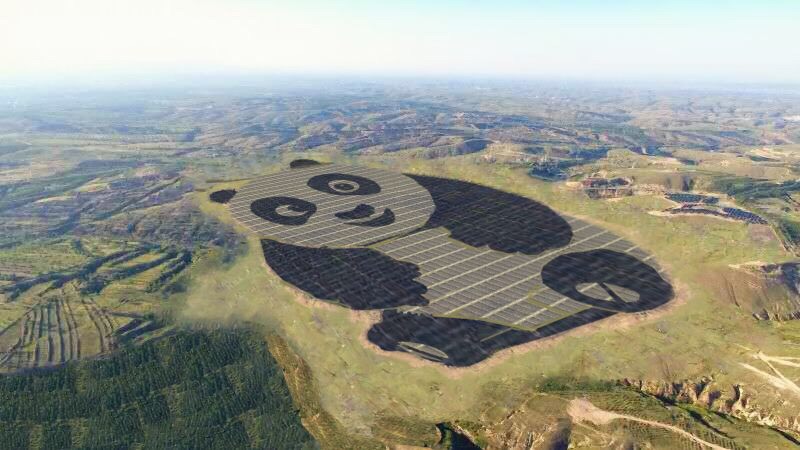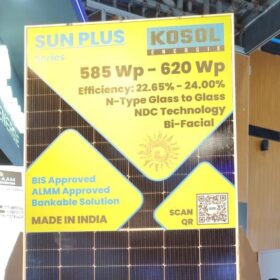The total installed capacity of operational PV systems in China had topped 165 GW at the end of September 2018, according to a recent report from PV Info Link. This means that the 2020 target of 105 GW originally conceived in the 13th five-year plan has already been exceeded by more than 50%.
According to PV Info Link analysts, China’s National Energy Agency NEA is now planning to revise up the 2020 target for solar energy deployment to at least 210 GW. They also reveal, however, that it may even be raised to between 250 GW or 270 GW, to support the Chinese solar module industry.
The country’s energy institutes have been tasked to assess the effects of the planned adjustment of the target.
If it is raised only to 210 GW, PV Info Link experts claim, there would be room for between only 20 GW and 25 GW of additional PV capacity per year in the period 2019-2020. This does not provide much incentive and support for local demand in China, PV Info Link stressed. With an increase of at least 250 GW, the deployment of over 40 GW of solar would become possible every year.
The Chinese photovoltaic industry association CPIA reported last week on the slowdown in demand in China, as a consequence of the policy changes introduced by the government in late May.
According to CPIA, a newly installed PV capacity of approximately 40 GW is expected to be grid-connected in China this year. This would mean that China would remain the world’s largest solar market also in 2018, although this year’s deployment would be 25% lower than in 2017. The association also believes that around 50% of this new capacity will come from large-scale solar power plants, while the remaining share is expected to be represented by smaller decentralized systems.
This content is protected by copyright and may not be reused. If you want to cooperate with us and would like to reuse some of our content, please contact: editors@pv-magazine.com.









By submitting this form you agree to pv magazine using your data for the purposes of publishing your comment.
Your personal data will only be disclosed or otherwise transmitted to third parties for the purposes of spam filtering or if this is necessary for technical maintenance of the website. Any other transfer to third parties will not take place unless this is justified on the basis of applicable data protection regulations or if pv magazine is legally obliged to do so.
You may revoke this consent at any time with effect for the future, in which case your personal data will be deleted immediately. Otherwise, your data will be deleted if pv magazine has processed your request or the purpose of data storage is fulfilled.
Further information on data privacy can be found in our Data Protection Policy.